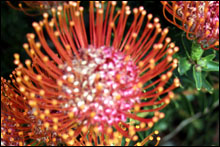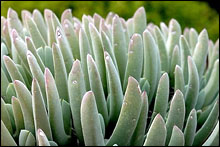SA prepares to publish long-term climate policy
|
Government plans to publish South Africa’s long-term National Climate Policy in 2008/9, according to Environmental Affairs and Tourism Minister Marthinus van Schalkwyk.
The policy would be informed by the soon-to-be finalised updated Greenhouse Gas Inventory and various national departments, provinces and cities’ refined sector plans, he said in a speech delivered to Parliament.
"Our roadmap for a national climate policy recognises that the solution to the critical challenges we face should be addressed through integrated government planning, in collaboration with stakeholders through the National Climate Change Committee and a strengthened multilateral regime."
Van Schalkwyk reported that the Inter-Ministerial Committee on Climate Change, which the Department of Environmental Affairs and Tourism (DEAT) led, had initiated the long-term mitigation scenario process, which would outline a range of "ambitious but realistic" scenarios of future climate action. Most notably were long-term emissions scenarios and their cost implications, he said.
DEAT would also initiate a process that would, over the next five years, match government’s efforts on the mitigation scenario building process. This would be culminated in a National Adaptation Plan.
Van Schalkwyk noted that nature-based tourism and wildlife were some of South Africa’s key attractions and, with tourism contributing just over 8% of the country’s gross domestic product, the economic impact of climate change on tourism could be "very large".
"South African Fynbos and the Succulent Karoo ecosystem seem particularly vulnerable and for a mean global temperature increase of between 2°C and 3°C during this century, we stand to lose between 50% and 65% of our unique Fynbos."
Van Schalkwyk vowed to focus "proactively" on enhancing research on the impact of climate change and on key environmental assets and biodiversity management.
Source: Engineering News













